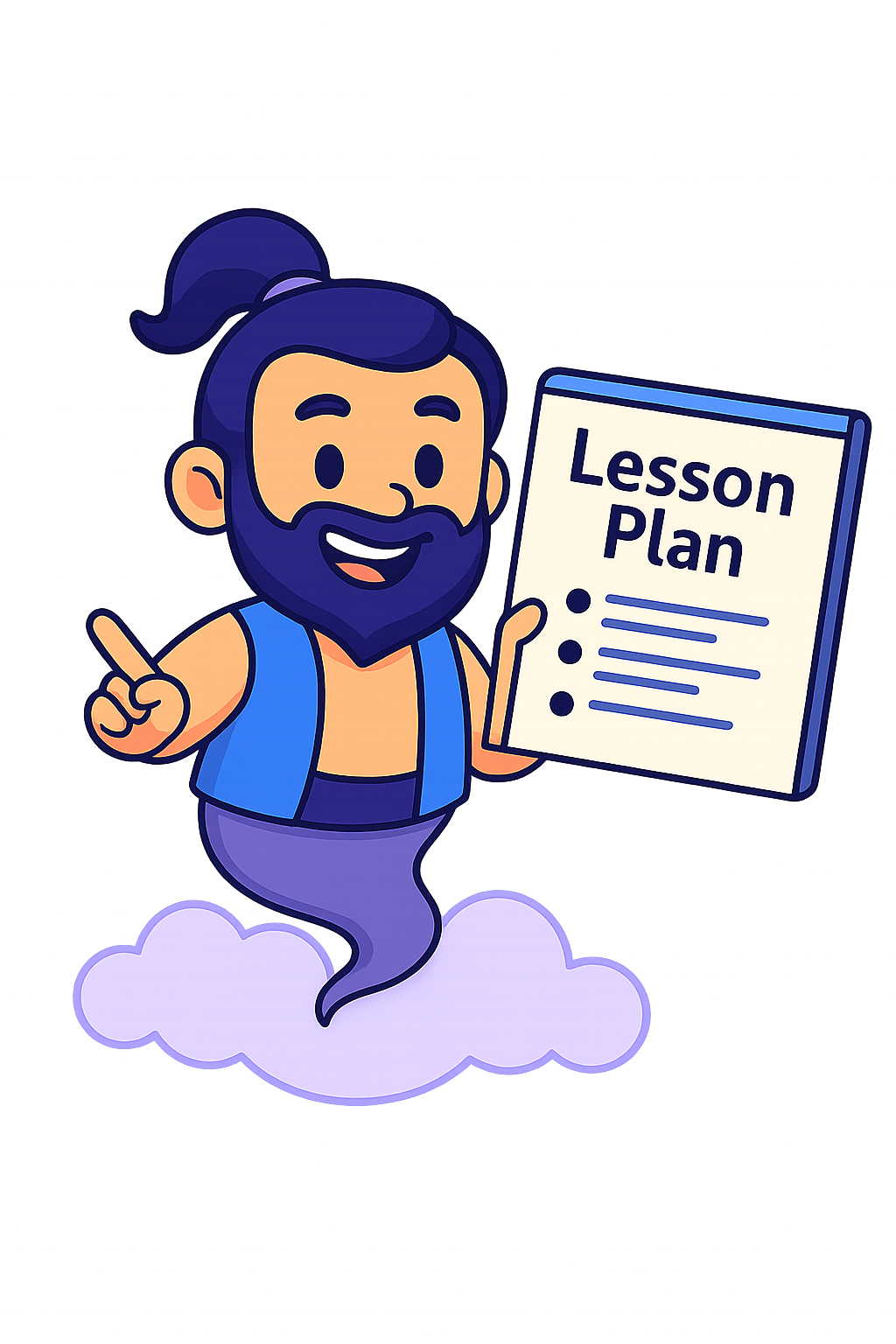 Using Context Clues to Understand Word Meanings
Using Context Clues to Understand Word Meanings
Objective: Students will learn how to use context clues from sentences to determine the meaning of unfamiliar words, improving their reading comprehension and vocabulary skills.
Learning Objectives
- Identify unfamiliar words in a text.
- Use surrounding words and sentences (context clues) to infer the meaning of unfamiliar words.
- Apply the meaning of new words correctly in sentences.
Materials Needed
- Short reading passage with unfamiliar words
- Worksheet with sentences containing context clues
- Pencil and eraser
- Notebook or paper for notes
Key Vocabulary
- Context Clues
- Hints found within a sentence or paragraph that help define unfamiliar words.
- Unfamiliar Word
- A word that a reader does not know or understand.
- Definition
- The meaning of a word.
Detailed Activities
Discovering Word Meanings with Context Clues
- Begin by explaining what context clues are and why they help readers understand new words.
- Read a short passage aloud with the student, pausing at unfamiliar words.
- Discuss the words around the unfamiliar word and ask the student to guess the meaning using clues from the sentence.
- Complete the worksheet together where the student reads sentences with unfamiliar words and uses context clues to choose the correct meaning from options.
- Review answers and reinforce how the clues helped find the meanings.
Parent & Instructor Notes
- Encourage your child to think about how the words around an unknown word can give hints about its meaning.
- Be patient and guide your child with questions rather than giving answers directly to build critical thinking.
- Use everyday reading opportunities to practice this skill, such as during storytime or reading instructions.
Assessment Questions
- What are context clues and how can they help you understand a new word?
- Can you find a word you don’t know in the passage and tell me what you think it means using clues around it?
- Why is it helpful to use context clues instead of guessing randomly?
Extension Ideas
- Have your child write their own short sentences containing a new word and context clues for a family member to guess the meaning.
- Read a favorite book together and pause to identify unfamiliar words and use context clues to define them.
- Create flashcards of new words learned and include the sentence with context clues on the back.
Frequently Asked Questions
It’s okay if your child guesses wrong at first. Use it as a learning moment to re-examine the context clues together and discuss why the correct meaning fits better.
Choose age-appropriate books or simple articles with a few new words. You can also create your own sentences or use online resources with worksheets focused on context clues.
Teacher’s Guide
Common Misconceptions:
- Students may think unfamiliar words always have to be looked up in a dictionary instead of using context clues.
- Some students might guess the meaning based only on one word rather than considering the whole sentence or paragraph.
- Students may confuse similar words if they do not pay attention to the context.
Scaffolding Ideas:
For Struggling Students:
- Provide simpler sentences with strong, clear context clues.
- Offer word banks or multiple-choice options to support guessing meanings.
- Repeat activities with more guided support and practice.
For Advanced Students:
- Challenge students to find multiple clues in longer paragraphs.
- Ask them to explain why certain clues are stronger than others.
- Encourage writing their own complex sentences using new vocabulary with context clues.
Pacing Recommendations:
- Spend the first 10 minutes explaining and modeling context clues.
- Use 20 minutes for guided reading and worksheet activities.
- Reserve 10-15 minutes for review, discussion, and assessment questions.
Standards
- 6.L.4d — Determine or clarify the meaning of unknown and multiple-meaning words and phrases based on grade 6 reading and content, choosing flexibly from a range of strategies.
Printable Worksheet
Plan Your Own Lesson
Looking for a custom lesson plan? Try our Lesson Planning Generator — create standards-based plans for any topic, instantly!
Common Core Aligned Lesson Plans
Looking for another common core lesson? See all of the lesson plans here.
More Free Lesson Plans
We’re adding more every week! Check back soon or explore all our lesson plans here.

 Using Context Clues to Understand Word Meanings
Using Context Clues to Understand Word Meanings
Leave a Reply